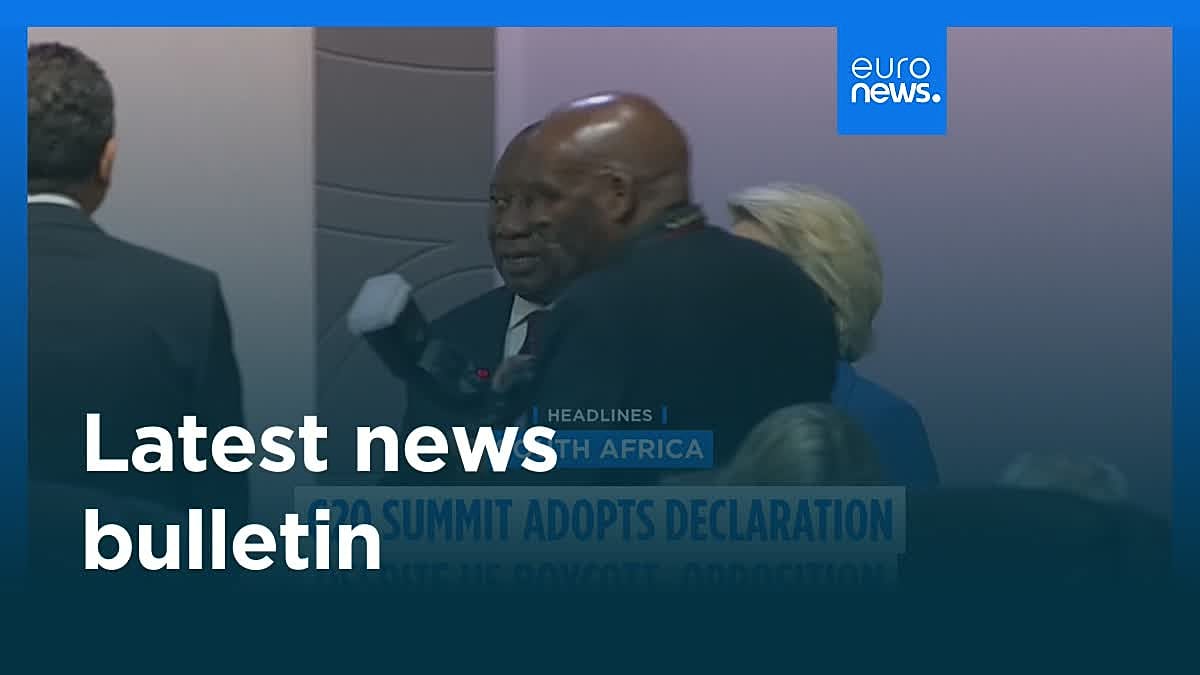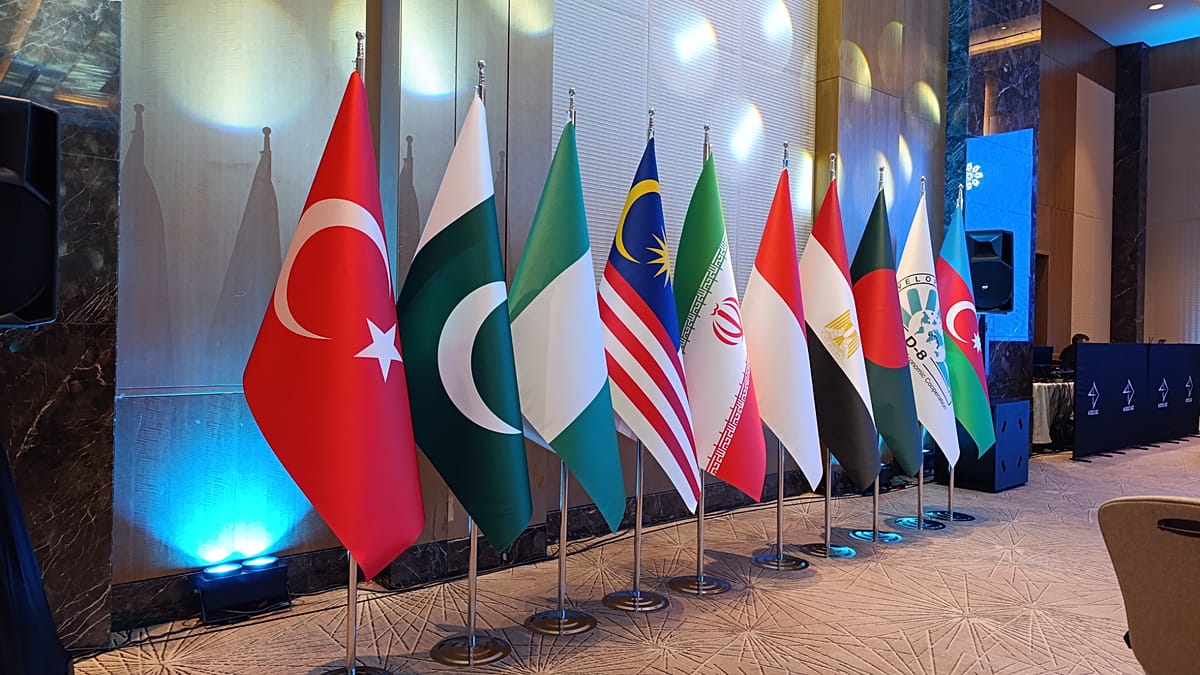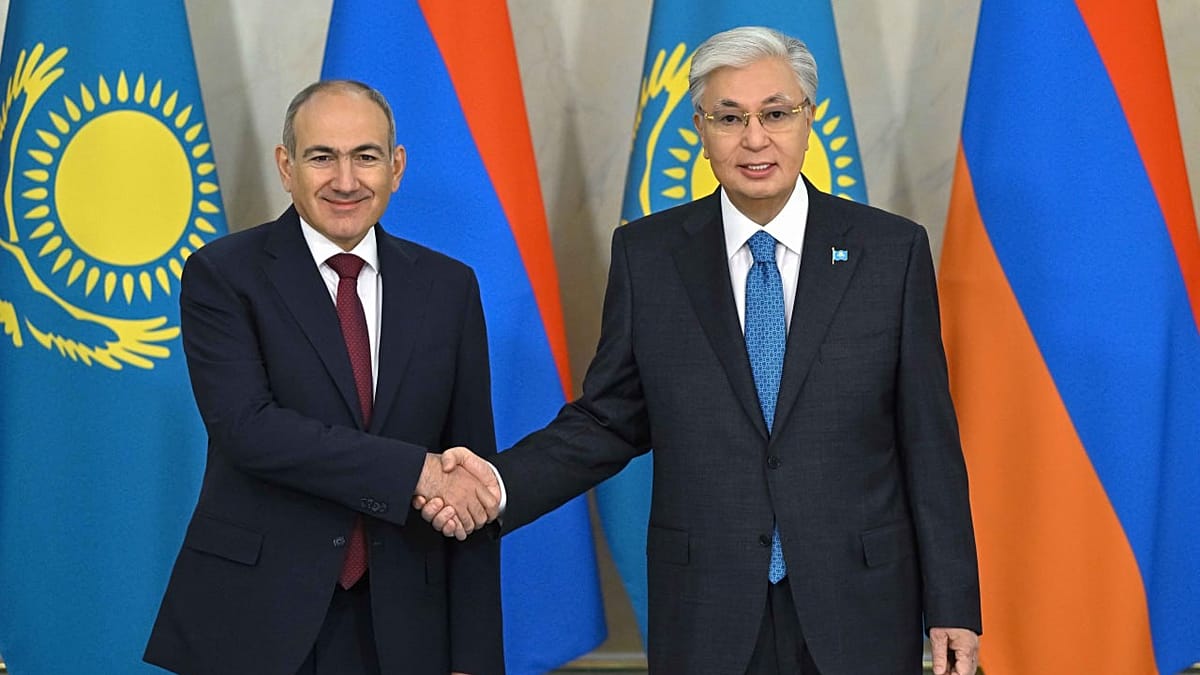Slovak MEP Ľ. Ódor is the rapporteur of the EP on the proposal for a directive on the special tax arrangement (IOSS)

Brussels – Slovak MEP Ľudovít Ódor (Renew Europe/Progressive Slovakia) was appointed on Wednesday as the rapporteur of the European Parliament (EP) for the proposal of the directive on the special tax arrangement (IOSS), which complements the VAT reform legislation in the digital age (ViDA). This was reported by the TASR correspondent.
The use of the IOSS (Import One Stop Shop) system for importing goods into the EU is intended to simplify VAT collection for cross-border purchases. It will bring more transparent and faster shopping through e-shops outside the EU for EU citizens, including Slovakia. VAT and customs duties (with some exceptions) will be paid at the time of purchase in the e-shop, which means fewer surprises and additional fees when receiving packages from abroad. Thanks to standardized rules and pre-payment of tax, customs procedures will be expedited, and packages will arrive faster.
“Modernizing VAT collection is crucial for fair and efficient taxation in the 21st century. This addition to the ViDA legislation is an important step to ensure that the rules apply equally to everyone, including large e-shops outside the EU,” Ódor described the situation.
According to him, the ViDA legislation, which was adopted at the beginning of this year, brought significant changes in VAT for the digital market. He considers its main benefit to be the reduction of fraud in cross-border VAT applications, as well as the simplification of administration for entrepreneurs. Ódor became the EP rapporteur for the ViDA legislation at the beginning of February.
“One of the unresolved points, however, was the question of mandatory use of the IOSS system. The new directive proposal brings a compromise solution – the IOSS remains voluntary, but member states are to create clear conditions and incentives that will naturally guide traders to use it,” Ódor explained.
He added that for traders, the IOSS means simplification, as instead of registering in each member state, they can pay taxes centrally. If they choose not to use the IOSS, they will be required to appoint a tax representative and register separately in each state of sale.
The directive also reflects planned changes in the Union Customs Code and contributes to the long-term vision of a unified, fair, and efficient market in the EU. According to Ódor, it is a practical and sensible solution that, while not introducing a mandatory IOSS system, creates a clear space for it. “Even though the IOSS will not be mandatory for now, we are moving towards a system where its use will become the most logical choice for companies. This is good news not only for tax systems but especially for consumers,” the MEP stated. (June 25)
“Modernizing VAT collection is crucial for fair and efficient taxation in the 21st century. This addition to the ViDA legislation is an important step to ensure that the rules apply equally to everyone, including large e-shops outside the EU.”” Ľudovít Ódor














































